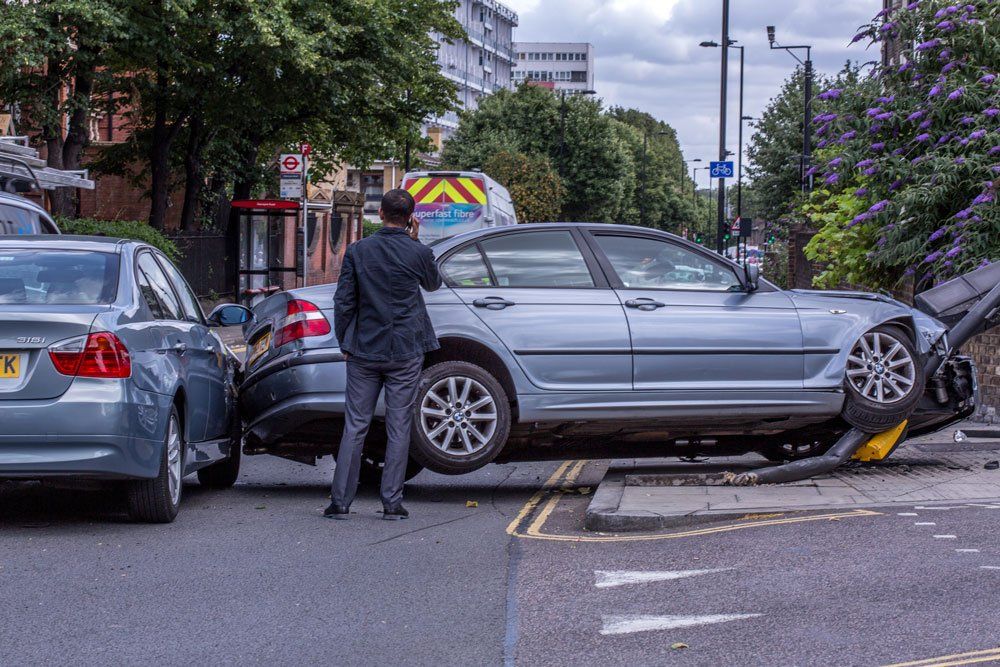Tips to Prove Intoxication in an Auto Accident Case
- By Admin
- •
- 09 Sep, 2021

Intoxication impairs judgment, vision, and reaction times, plus other things that affect driving safety. Thus, you can use intoxication as the cause of an accident to hold a driver liable for your damages after an accident. You will need to prove the intoxication, which you can do using the following forms of evidence.
Eyewitness Testimony
Eyewitness testimony, if available, is always a treasure trove in auto accident cases. Below are some of the things to which an eyewitness may testify.
The Defendant's Drinking
Anyone who saw the defendant drinking can testify to the fact. For example, a bartender who saw the defendant drinking shortly before the accident can help you prove the defendant's intoxication. Eyewitnesses can also testify about the type and volume of alcohol.
The Defendant's Behavior
Testimony on the defendant's behavior can also provide circumstantial evidence to their intoxication. For example, an eyewitness can testify that the driver:
- Was driving erratically
- Was staggering before getting into the car
- Was speaking with a slurred speech before getting into the car
Multiple behaviors that show intoxication will strengthen your case.
The Defendant's Physical Appearance
Lastly, eyewitnesses can also testify about the defendant's appearance that can suggest intoxication. For example, watery or red eyes can indicate intoxication.
Media Footage and Postings
You can also use photographs and video recordings to prove intoxication. For example, you can use:
- Social media photos or videos that show the defendant drinking before the crash
- Video footage (for example, from CCTV cameras) that show the defendant drinking before the accident
- Social media discussions, for example, from friends of the defendant, about the defendant's drinking
Your auto accident lawyer will help you investigate the accident to unearth such evidence.
The Police Report
Police officers who respond to auto accidents usually ask the drivers to test for intoxication, especially if the drivers show signs of intoxication. For example, the police may ask the drivers to take a breathalyzer test. You may find the information on the police report.
Apart from the field sobriety tests, the police will also note any signs of intoxication (such as slurred speech). You may also use other intoxication tests, such as blood or urine tests. You have a strong case if the defendant's blood alcohol content (BAC) is higher than the legal limit, 0.08 and 0.04 for private and commercial drivers.
Expert Testimony
An expert witness's testimony may be valuable if you don't have direct evidence of intoxication. For example, you may need expert testimony if the defendant did not undergo a DUI (driving under the influence) test soon after the accident.
The expert will evaluate the circumstances of the case to explain to the court why they think the driver was intoxicated at the time of the crash. The expert witness may consider factors that affect intoxication, such as:
- The driver's body size
- The type and volume of alcohol the driver took
- Whether the driver ate before or when drinking
- The driver's behavior that shows intoxication
Your auto accident lawyer probably has connections with expert witnesses they can use for your case.
DUI Verdict
Lastly, you can also use a guilty DUI verdict to prove your case. The police will charge any intoxicated driver with DUI whether the driver causes an accident or not. The criminal case may conclude before your civil case. Thus, you may use the criminal court's verdict to strengthen your case.
Thompson Attorney At Law Erwin & Thompson LLP has over 35 years of experience with injury law. We can help you prove liability and damages to get the compensation you deserve. Contact us
for a free initial consultation to review your case and determine the way forward.

